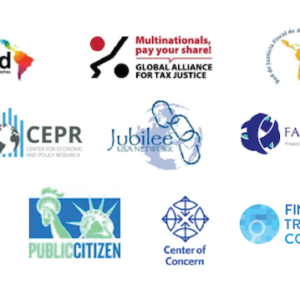Briefing Memo: FATCA
Questions & Answers about the Foreign Account Tax Compliance Act (FATCA)
FATCA is the Foreign Account Tax Compliance Act, which was adopted in 2010 to help pay for the HIRE (Hiring Incentives to Restore Employment) Act. FATCA requires foreign financial institutions (FFIs) to determine if accounts they have opened are held, directly or indirectly, by Americans and, if so, disclose them to the Internal Revenue Service (IRS). Any FFI that refuses to provide this information to the United States is subject to a 30% withholding tax on the FFI’s U.S. source income.





